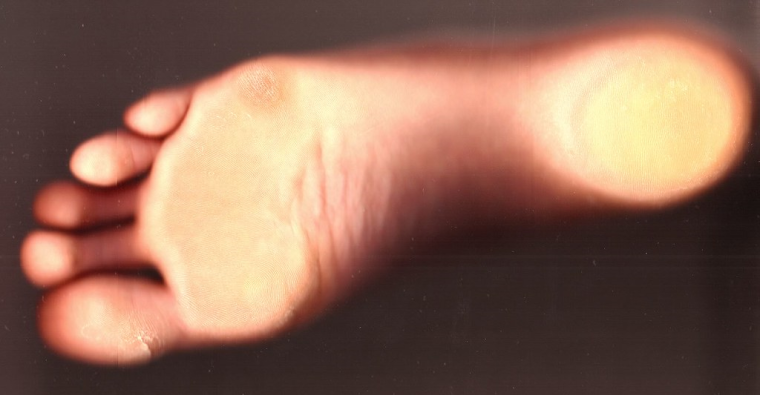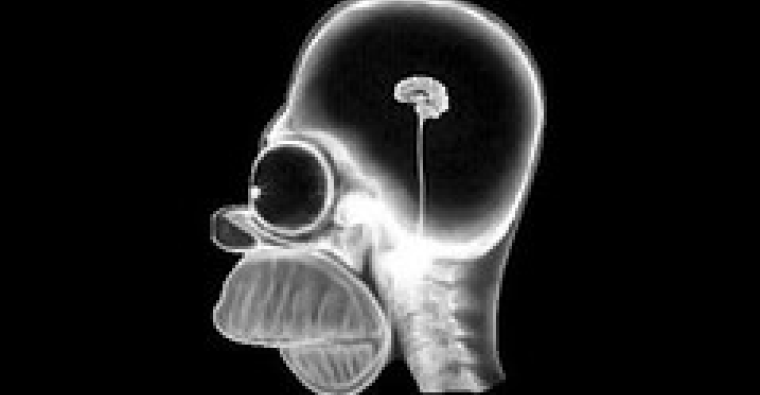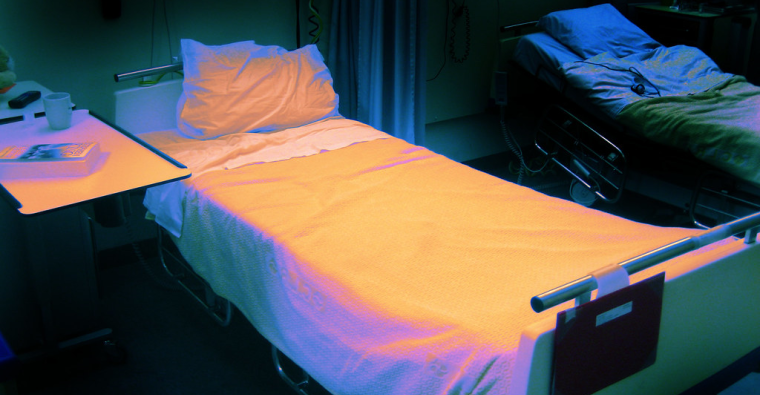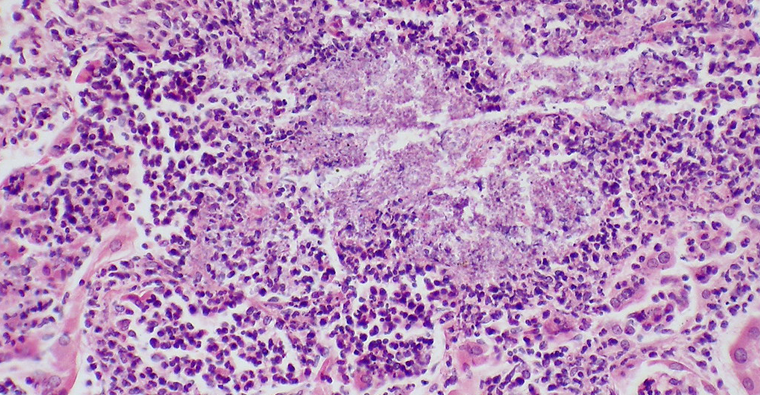Neuropathic pain: diagnosis & treatment
Neuropathic pain is a frequent condition caused by a lesion or disease of the central
or peripheral somatosensory nervous system (1) Neuropathy affects virtually any nerve
with a wide range of symptoms. Nerves are essential to how the body works. They enable ű
people to move, send messages about how things feel, and control automatic functions,
such as breathing.
read more...













